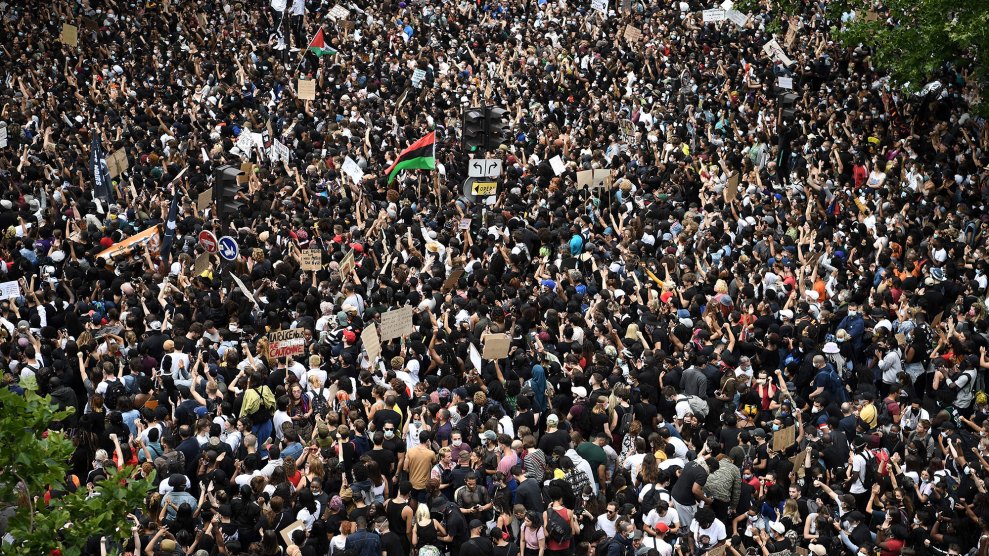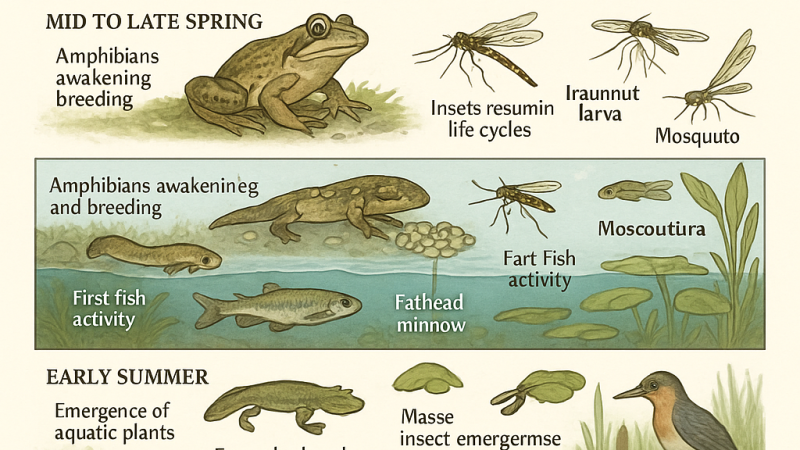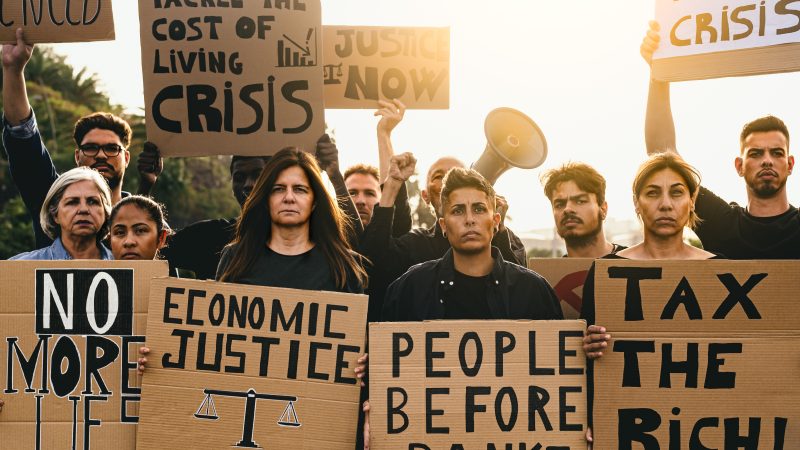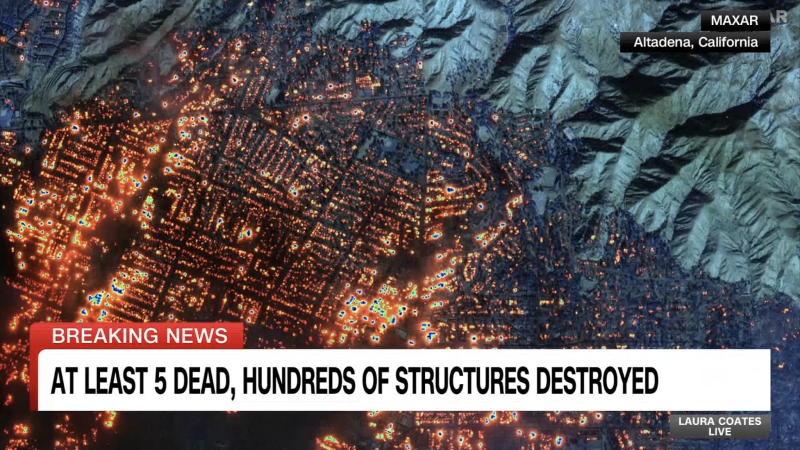Business as usual means acceleration into extinction

The delusion of nearly everyone on Earth who is cognizant of the ecological deterioration now accelerating is that we still have time to repair the damage and “change our ways” to achieve “sustainability”.
It is with profound disappointment that I observe in the cascade of social media iterations the near manic obsession with self that defines the latest generation as they prance and pose before iconic backdrops in a travel trophy collection frenzy.
Even among the sombre client scientists who urgently and credibly interpret the climate data to create the narrative of destructive collective behaviour, the urgency is lost against a theme of “time is running out”.
Time has run out.
The atmospheric, terrestrial and pelagic alterations that we are witnessing portend a rapidly changing climate that appears to be an unstoppable juggernaut with only one possible outcome: the premature extinction of humanity.
To listen to people – including in my own family – travel and recreate as if the world is a separate entity in which they are free to behave as they choose to maximize personal gratification of desire is to understand that the human species, for the most part, is incapable of change.
The massive adoption of an alternative code of values based on ecological rehabilitation required and one would think expected to be embraced by the entirety of humanity is largely ignored, and the exculpatory approbation of mass media encouraging individuals to “be whatever you want” is an embarrassment to the idea of “sentient” life.
What are the behavioural changes that individuals need to adopt?
First and foremost, we need to recognize that travelling for the sake of travel is one of the leading exploitive behaviours of denizens of the developed (wealthy) world. Besides the fact that a more authentic travel experience can be achieved in literature relative to the mallification of every square inch of tourist zone, and ignoring the fact that the emissions from jet travel are the highest source of Greenhouse Gas emissions, the concept that travelling the world is a legitimate right of passage is now grotesquely self-destructive.
So cessation of travel – except under non fossil-fuel motive power i.e. sailing, cycling, walking – is a fundamental first step in the transformation of personal behaviour from ecologically ablative to ecologically rehabilitative.
People travel for all sorts of reasons, and for many, their livelihood is directly dependent on transportation. Jet pilots and truck drivers share one common trait: they earn their living through systematic atmospheric contamination.
Can they wave a magic wand and become organic regenerative farmers instead?
No, obviously. Besides the commoditization of real estate thanks to the utterly predatory financialization of the basic right to shelter, the availability, and more importantly, the cost of farmland makes such a goal completely unrealizable – especially by a trucker whose industry has itself been commoditized to the point where margins for drivers are thinner than graphene.
And there is no guidance…no education, no media, no leadership…properly advocating for such an ambition anyways. Organic regenerative farming is not differentiated from industrial conventional mono-cropping in the popular imagination; they are both just “farming”.
And worse, the stigma of being a farmer in the modern worldly context makes the very thought anathema to the superficially-minded and morally confused youth of today.
So obviously we can’t all be farmers, and for many, one’s occupation is the outcome of convergent events beyond one’s perceived control.
But that right there is the key: perceived control.
Making a dramatic life transition away from a ecologically destructive occupation toward a rehabilitative one is not a simple task. And nobody can tell you what you should want. We are drawn to careers and jobs that we have ability to succeed in.
But here is the thing: time is up.
All these climate dialogues that start with “by 2050….” are disingenuous at best and dangerously misleading. By 02050, there will be fewer places to travel to, and a higher number of people will be focusing their day-to-day on escaping conflict zones or searching for basic necessities like food, water, clothing and shelter.
The end result of inability or unwillingness to collectively, and abruptly, switch to rehabilitative ecologically symbiotic behaviours means increased competition for diminishing resources.
Its just a matter of time until there is no amount of U.S. dollars you can use to buy a loaf of bread, because the loaf of bread will be too hard to come by.
That’s the world we’re heading for by 2050…not in 100 years, or more.
As long as we continue to pretend that our obligation to ourselves is nothing more than to pursue the lifestyle we imagine for ourselves, rather than the one we need to adopt to survive, survival is out of the questions for the vast majority of people.




SyhmY3TvlAZ